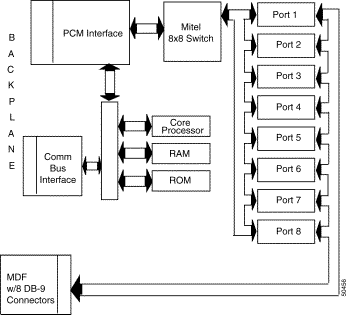What is an Ethernet Repeater?
An Ethernet repeater is a networking device that amplifies or extends an Ethernet signal. It works by taking incoming signals and regenerating them at the same levels and speeds, thereby increasing the distance that Ethernet signals can travel without losing strength or quality. Essentially, repeaters facilitate long-distance Ethernet communication by boosting signal strength and enabling faster transmission rates.
Ethernet repeaters are often used in larger networking environments, where lengthy cable runs are required. For example, in a large commercial building, a repeater might be placed to extend the range of Ethernet cables, allowing multiple devices to connect over longer distances. Ethernet repeaters are also used in WAN (Wide Area Networks) deployments where the signal may travel long distances.
It's important to note that Ethernet repeaters do have some limitations. For example, they only work with Ethernet networks and can only extend signals up to a certain distance. Additionally, they cannot alleviate network congestion or correct data transmission errors. In these cases, other networking devices such as routers and switches would be used.
In terms of installation, Ethernet repeaters are relatively simple to set up. They require no additional software or configuration, and they can be easily integrated into existing Ethernet networks. Additionally, most Ethernet repeaters are compact and lightweight, making them easy to transport and install.
Overall, Ethernet repeaters are an effective solution for extending Ethernet signal range and facilitating long-distance communication. While they do have some limitations, their ease of use and effectiveness make them a popular option for businesses that require long-distance network connectivity.

